The growing popularity of electric vehicles (EVs) across the globe has led to a growing demand for EV charging stations. This surge has also created a huge investment opportunity, so is it profitable? Investors and business owners are often skeptical about the profitability of EV charging stations. In this article, we will explore electric vehicle charging stations from a number of perspectives.
What Are EV Charging Stations?
Electric vehicle charging stations, also known as Electric Vehicle Supply Equipment (EVSE), are the infrastructure for charging electric vehicles. These charging stations range from basic Level 1 chargers using standard household outlets to Level 2 and DC fast chargers, which provide faster charging capacity and require specialized equipment and installation.

How Do EV Charging Stations Generate Revenue?
Revenue generation from EV charging stations can vary based on the business model adopted. Common models include:-
Pay-per-charge: Users pay a fee each time they use the station.
-
Subscription models: Users pay a recurring fee for access to a network of chargers.
-
Advertising: Stations equipped with digital screens provide additional revenue through advertising.
-
Add-on services: Offering additional services such as parking, retail, or food services at charging stations.
What Are the Initial Costs of Setting Up an EV Charging Station?
Setting up an EV charging station involves various initial costs that can vary significantly depending on the type of charger, location, and specific installation requirements. Here are the key expenses involved:-
Hardware Costs: The cost of the charging station itself is the most apparent initial expense. Prices can vary widely based on the type of charger:
-
Level 1 Chargers: These are the least expensive, often costing a few hundred dollars, as they can typically use existing 120-volt outlets.
-
Level 2 Chargers: These require a 240-volt outlet and can cost between $500 to $2,500 per unit.
-
DC Fast Chargers: The most expensive, ranging from $10,000 to over $40,000 per unit, due to their high power output and the technology involved.
-
-
Installation Costs: Installation expenses can vary based on the complexity of the site and electrical infrastructure:
-
Electrical Upgrades: Many sites require upgrades to existing electrical systems to support the high power needs of Level 2 and DC fast chargers.
-
Construction Costs: Installing chargers may involve physical construction, such as trenching to lay electrical conduits, which can be costly.
-
Permitting and Inspection Fees: Costs for obtaining necessary permits and inspections from local authorities can add to the initial expenses.
-
-
Network and Software Costs: Many modern EV charging stations are equipped with network capabilities that allow for remote monitoring, reservation systems, and usage tracking. These features often require initial setup fees and ongoing subscription costs.
-
Utility Fees: Setting up a new service connection with the local utility company can incur fees, especially if significant upgrades or new transformers are needed to supply the necessary electricity.
-
Operational Costs Setup: This includes initial costs related to setting up management and maintenance operations, such as training staff or contracting a maintenance company.
Total initial investment varies from a few thousand dollars for a Level 1 charger in a location with adequate electrical infrastructure to hundreds of thousands of dollars for multiple DC fast charging stations with extensive site preparation and upgrades.

How Much Can You Earn from Operating an EV Charging Station?
Potential revenues from operating an EV charging station can vary widely depending on factors such as charger type, pricing model, location, and utilization. All of these factors can affect revenues:
Type of Charger-
Level 1 Chargers: Generally provide lower earnings due to their slower charging speeds, making them less appealing for quick charging. They are often used in home settings where charging can occur overnight.
-
Level 2 Chargers: These are more common in commercial settings and offer faster charging speeds than Level 1 chargers. They can charge a typical EV battery in 4 to 6 hours. The cost to consumers can range from $2 to $6 per hour, depending on local electricity rates and pricing strategies.
-
DC Fast Chargers: The fastest type, capable of charging an EV battery to 80% in 20 to 30 minutes. Charging fees for DC fast chargers are typically higher, ranging from $0.30 to $0.60 per minute, which can significantly increase revenue.
-
Pay-per-use: Users pay based on the amount of electricity consumed or the time spent charging. This model can be profitable in high-traffic areas where there are peaks in demand.
-
Subscription Models: Offering monthly or annual subscription plans can provide a steady income stream, appealing to regular EV users who seek convenience and predictability in pricing.
-
Free with Costs Embedded Elsewhere: Some businesses offer free charging as an incentive to attract customers to their location, with the cost absorbed by the business or offset through increased sales or service usage.
-
High-traffic commercial areas: Charging stations located in shopping centers, hotels, or entertainment complexes tend to have higher usage rates, thus generating more revenue.
-
Workplaces: Offering charging as a perk can attract tenants or employees, with costs often subsidized by the employer.
-
Residential complexes: For residents, especially in urban areas where home charging may not be an option, stations can offer a valuable service, potentially subsidized by property management.
-
The frequency with which the charging station is used plays a crucial role in its profitability. High utilization rates increase the potential earnings significantly.
-
Promotions, strategic partnerships, and visibility of the charging station can enhance usage rates.
Revenue Example
For example, suppose a Level 2 EV charger costs a user $4 per hour, and each session averages 4 hours. If the station operates at 50% capacity with an average of 5 sessions per day, the daily revenue would be $80. This translates to approximately $2,400 per month or $28,800 annually per charger, excluding operating and electricity costs.
Considerations
-
Operating Costs: Includes electricity costs, maintenance, software subscriptions for charging network management, and possibly rent or lease expenses.
-
Break-even Point: Understanding the initial investment and ongoing operational costs is crucial to determining the break-even point and overall profitability.
The profitability of electric vehicle charging stations can be affected by many factors that must be considered if you want to maximize profitability. In addition, utilizing government incentives can offset some of the costs and increase profitability.
Are There Government Incentives to Support EV Charging Stations?
The U.S. government offers a range of incentives to encourage the installation and operation of EV charging stations, with the aim of accelerating the spread of EVs and reducing carbon emissions. These incentives include tax credits (e.g. a 30% reduction in installation costs up to a certain limit), grants from state and local governments, rebates from utility companies, and reductions in licensing fees.
In addition, some jurisdictions offer zero-percent or reduced-interest loans and expedited approvals to ease the financial and administrative burdens of establishing charging stations. These programs target a variety of industries, including workplaces and multi-unit dwellings, to ensure broad and equitable deployment of charging infrastructure.
Conclusion
Investing in electric vehicle (EV) charging stations can indeed be a lucrative business, especially as more and more people start using electric vehicles. To be successful, it is important to choose the right location, operate efficiently, and utilize government incentives. As with any business, conducting market research and developing a solid business plan is key to getting a return on your investment.
If you're looking to start charging your electric vehicle or enhance your existing charging equipment with a high-quality device, consider the Autel MaxiCharger, which is reliable, efficient, and the preferred choice for business owners looking to capitalize on the booming electric vehicle market. Click here to learn more about Autel products.

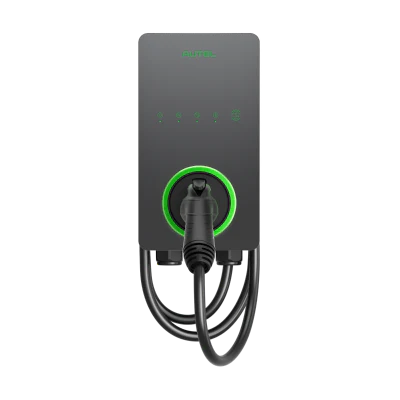
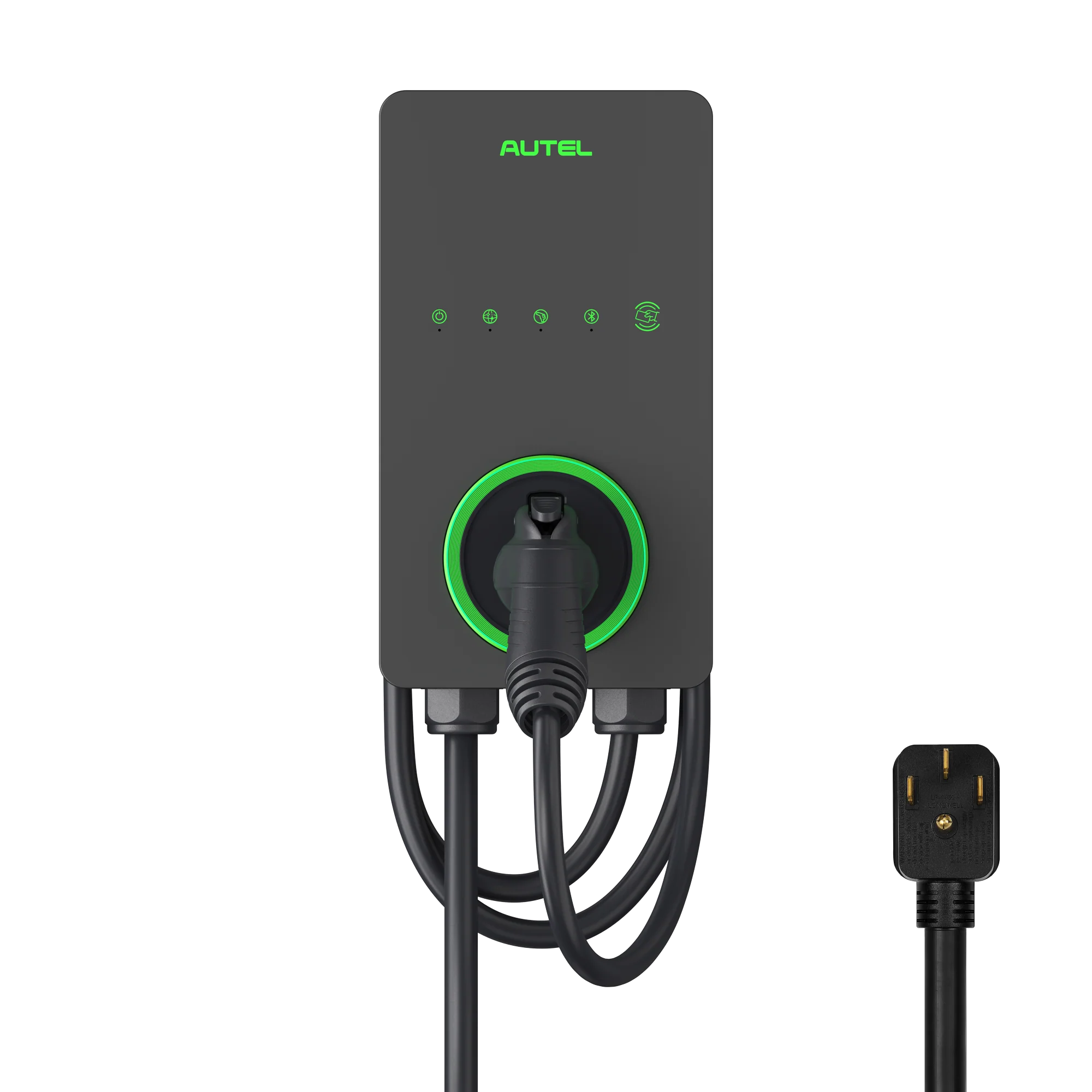
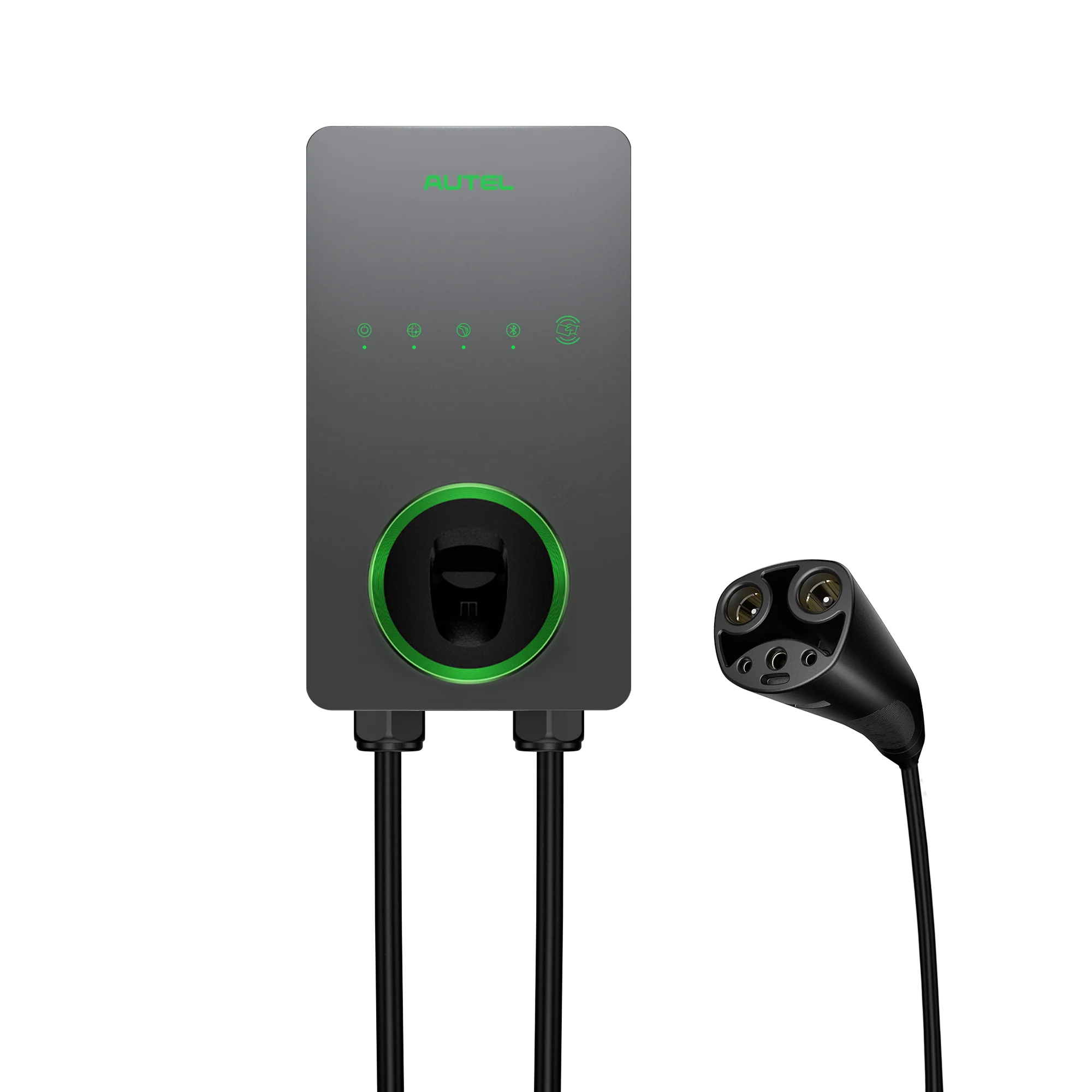
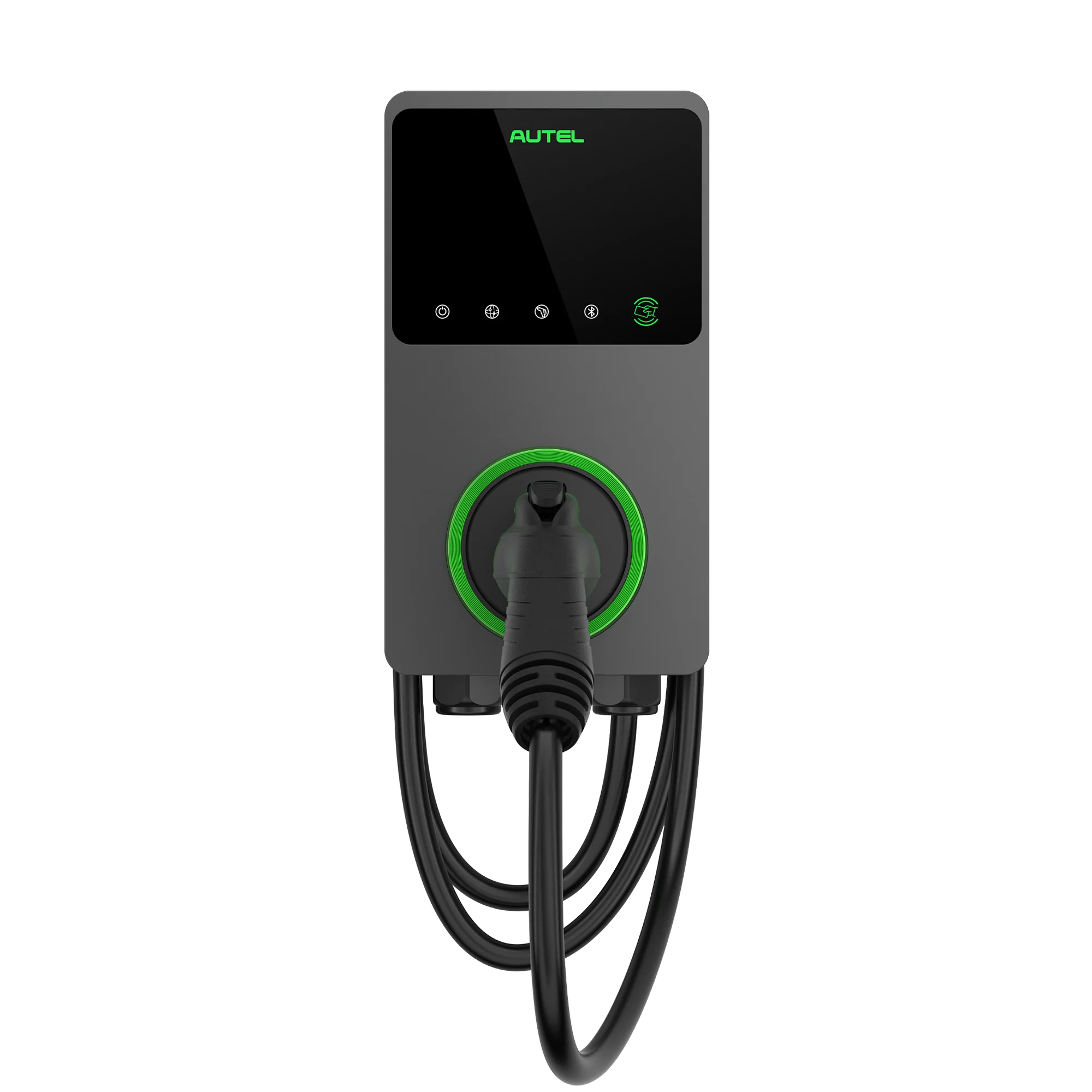
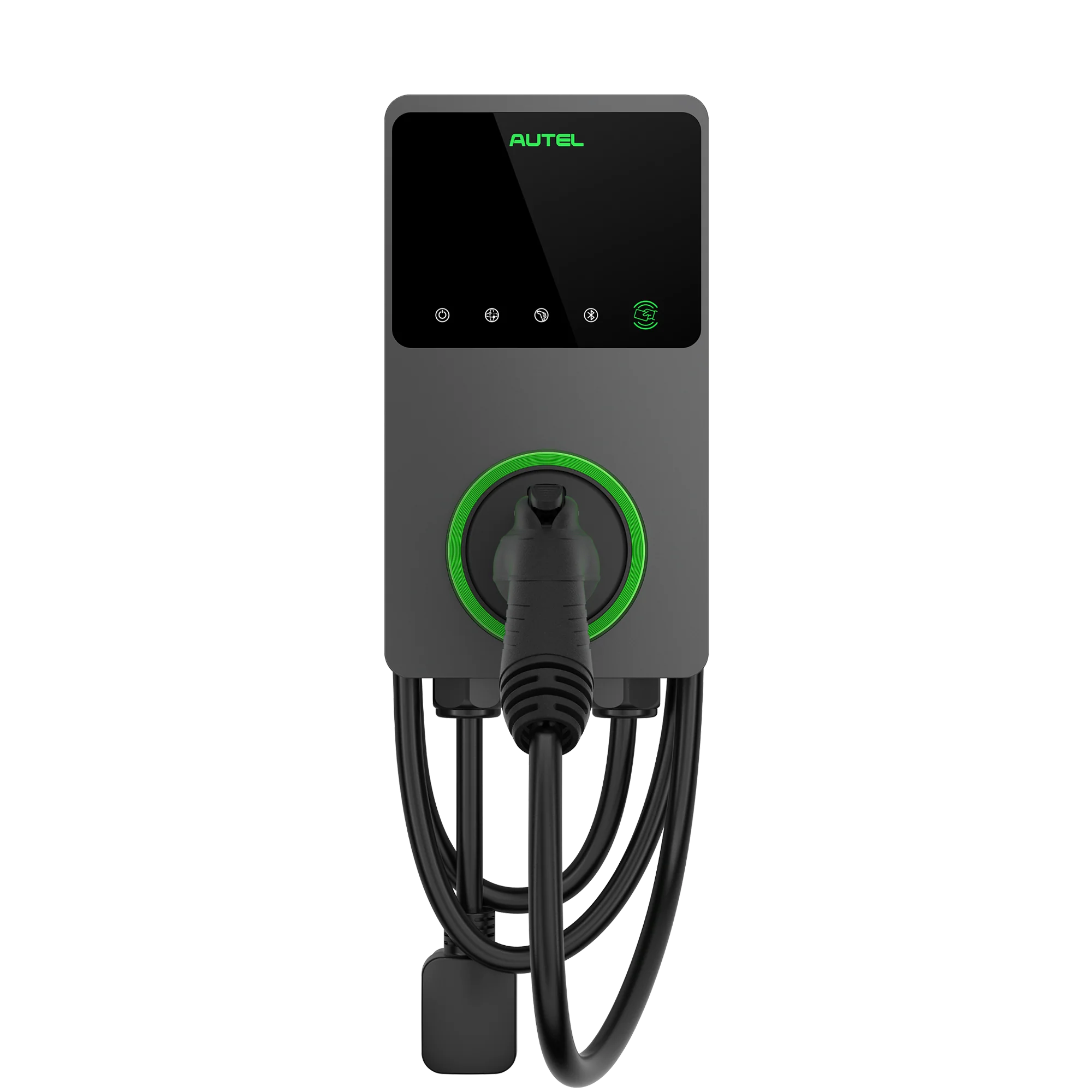

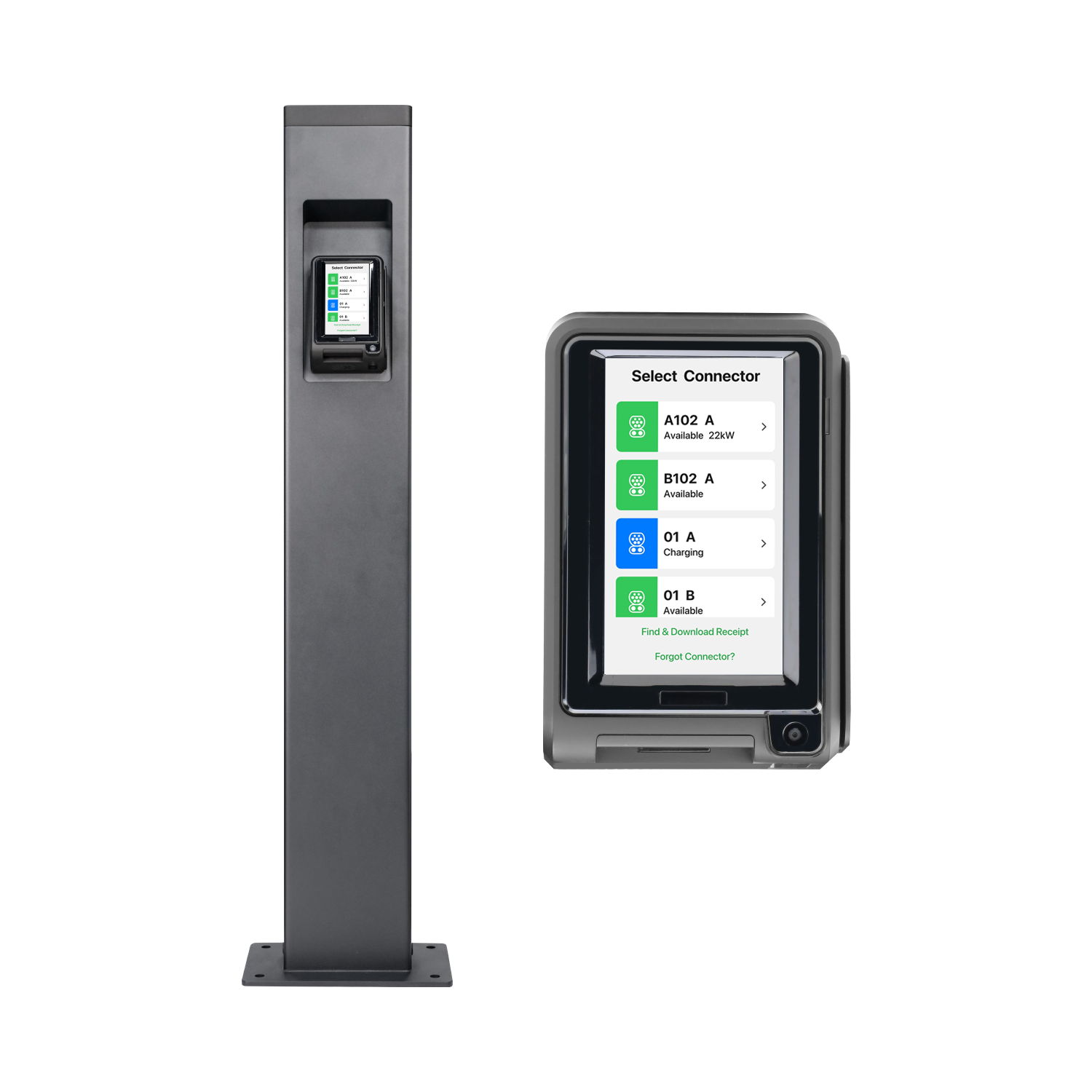
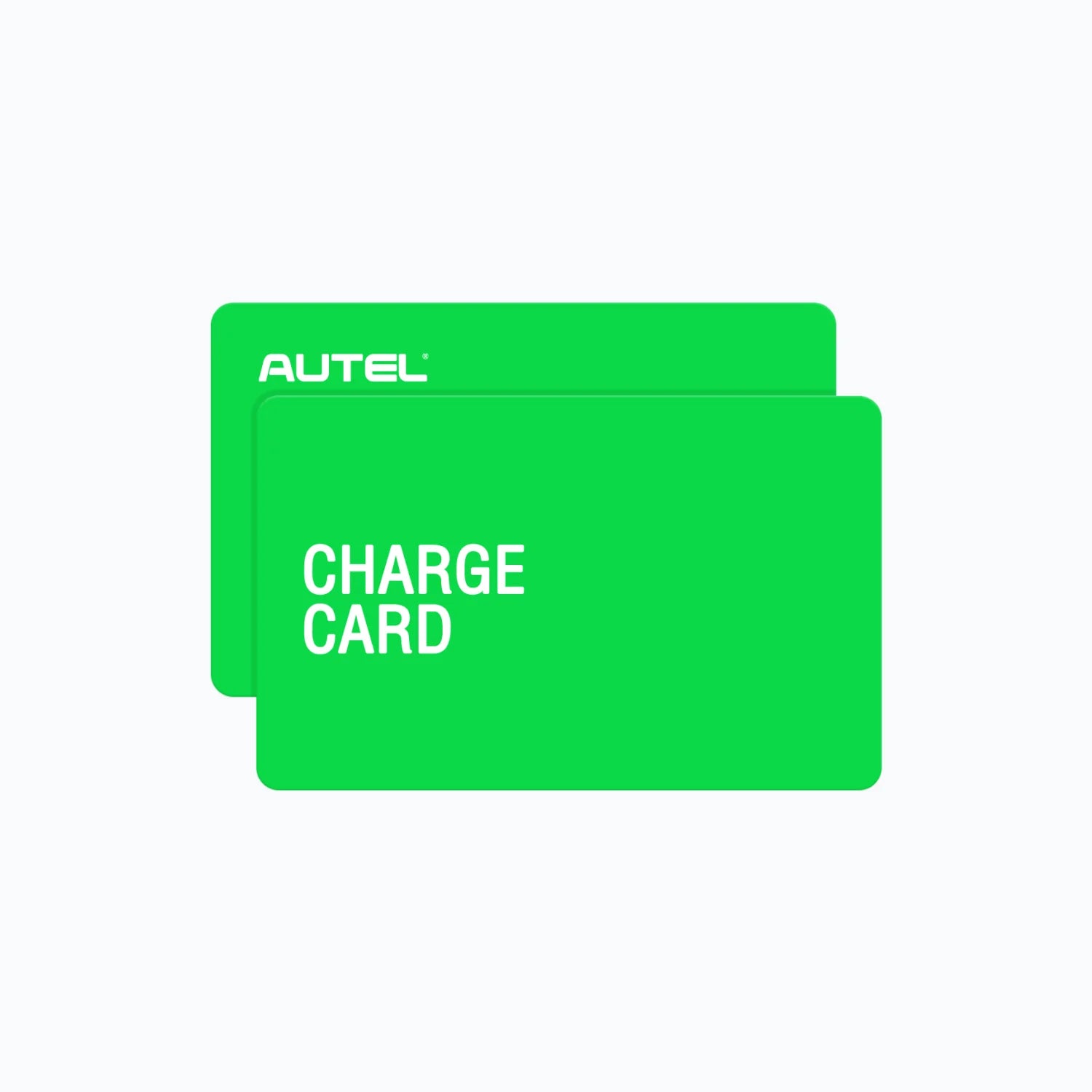
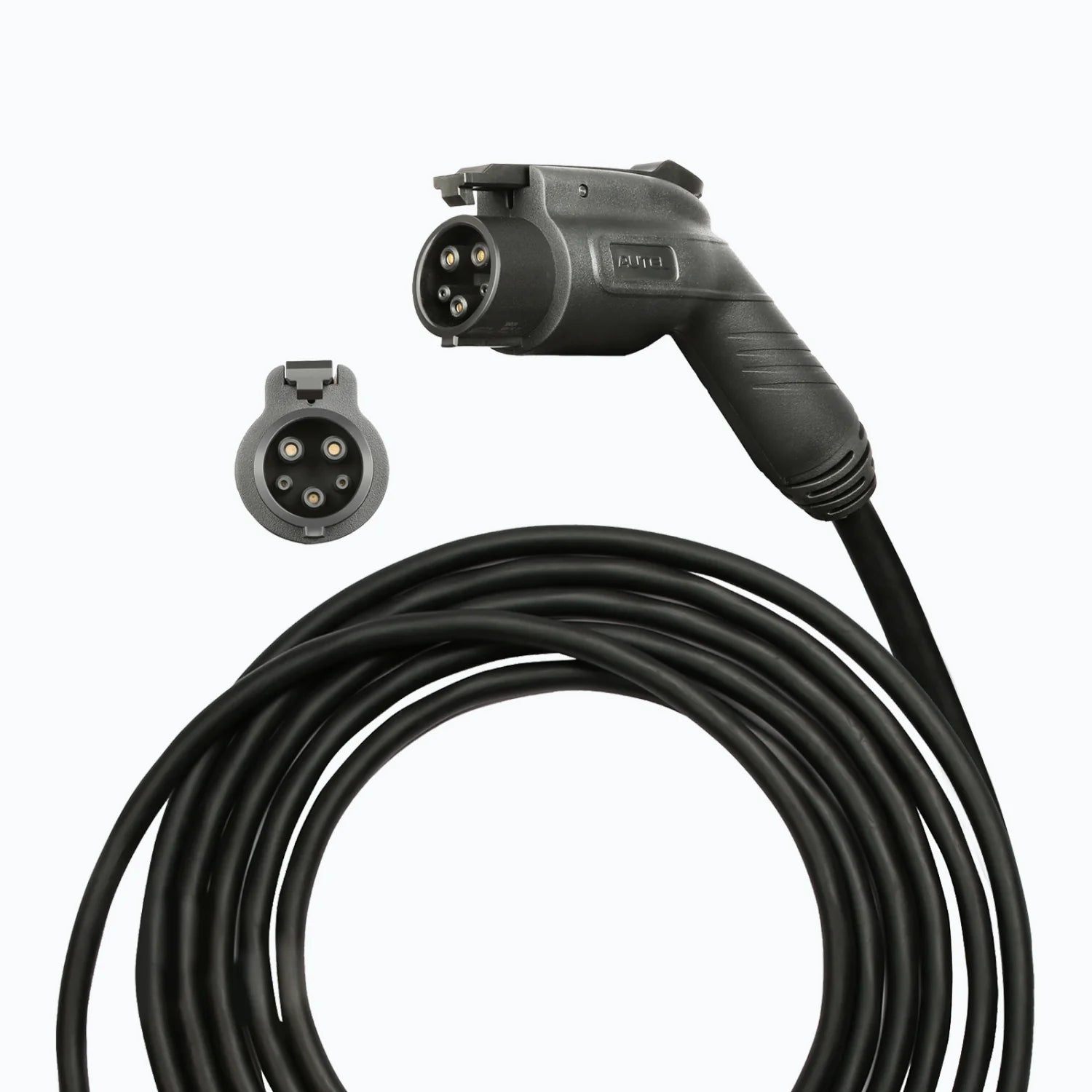
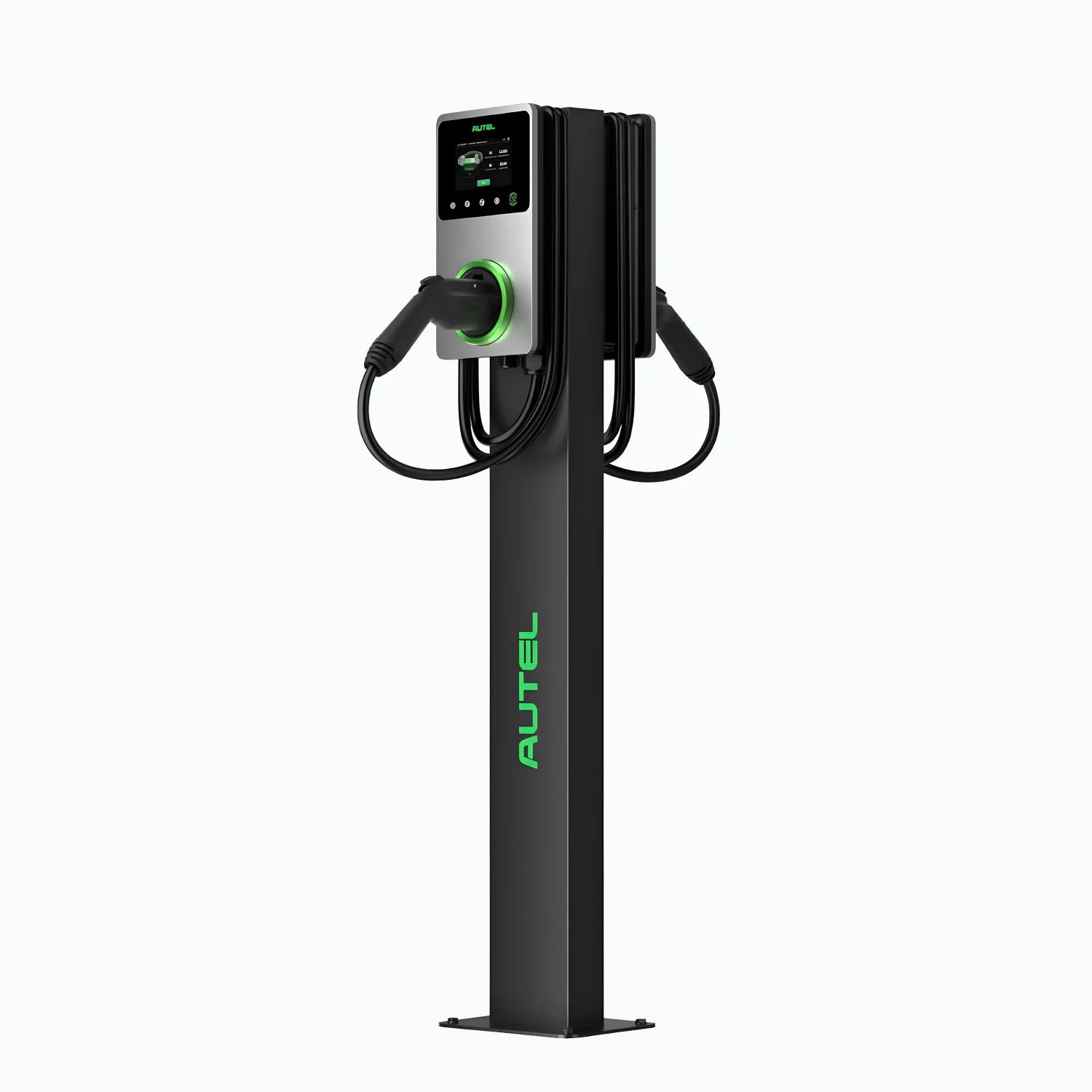
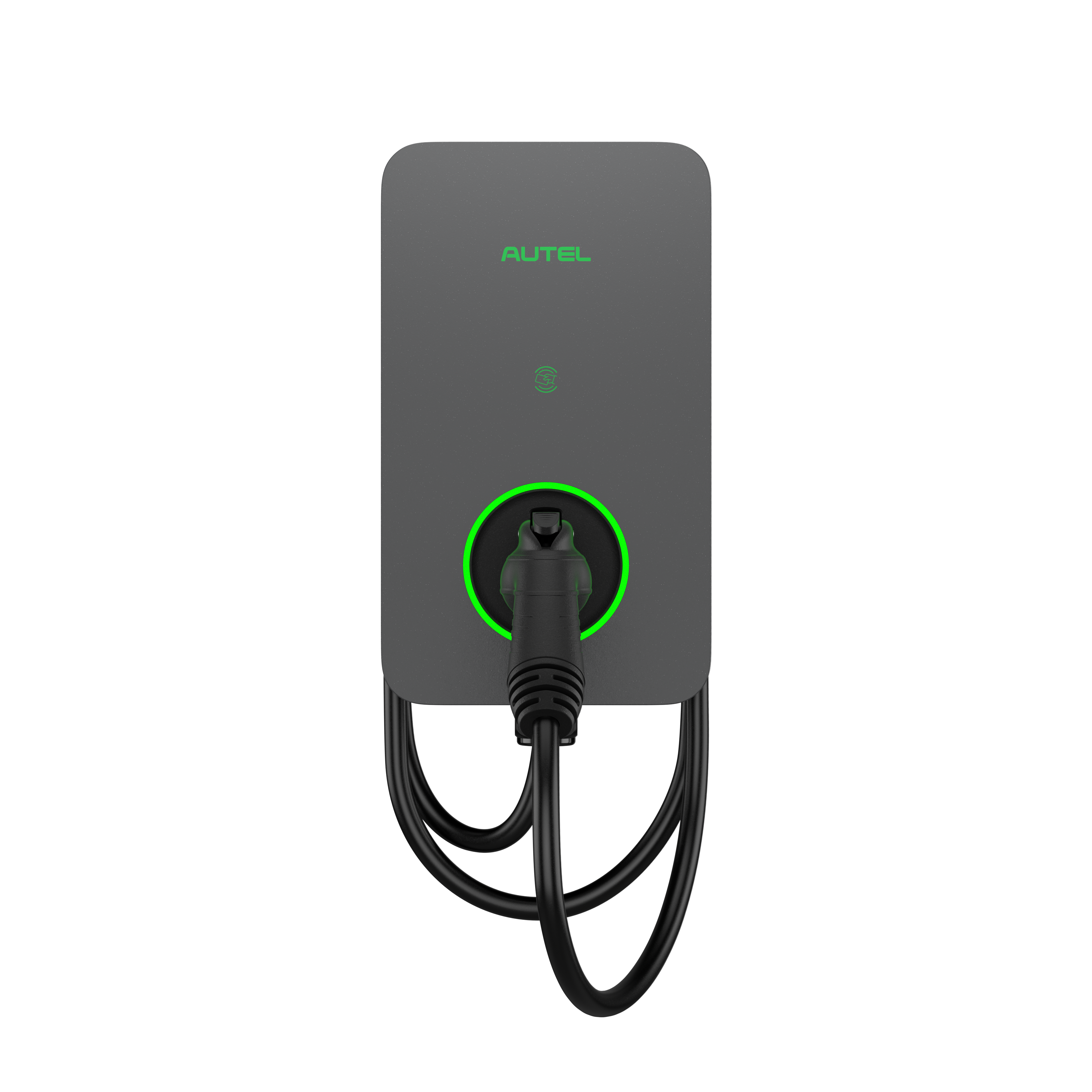
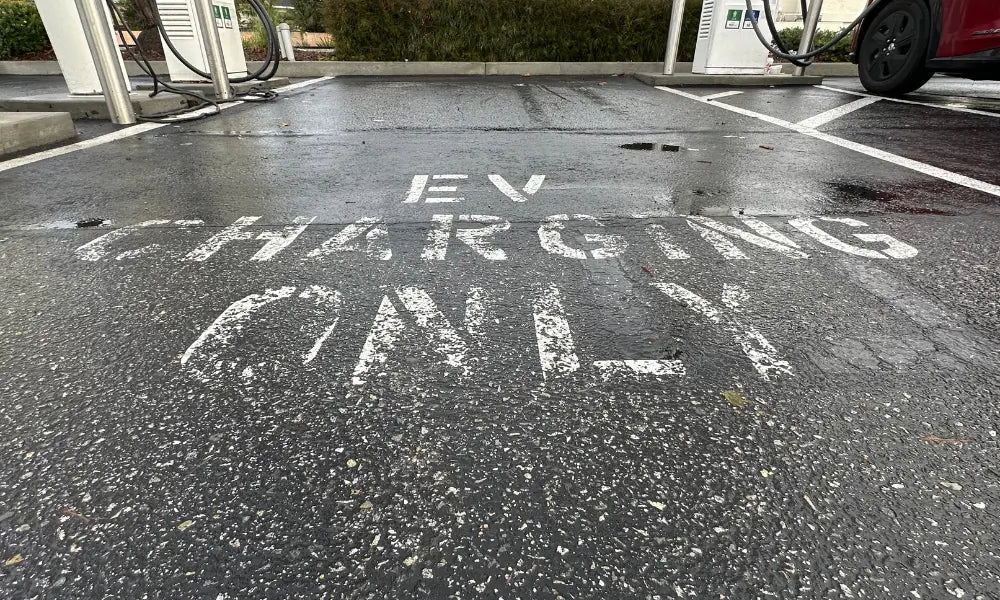


Leave a comment
All comments are moderated before being published.
This site is protected by hCaptcha and the hCaptcha Privacy Policy and Terms of Service apply.